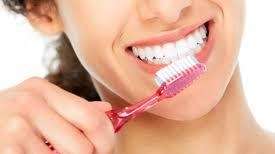
The short answer is: yes, brushing and flossing can stop tooth decay from progressing if it's caught early. But if decay has already advanced, it can't be reversed, only treated.
Here’s the stages of decay:
Early Stage Decay (Demineralisation)
At this stage, decay hasn't yet formed a cavity, it's just the loss of minerals from the enamel.
Is it reversible? Yes.
How to stop it:
- Brushing twice daily with fluoride toothpaste
- Flossing to remove plaque between teeth
- Using a fluoride rinse
- Reducing sugar intake
- Regular dental cleanings
- Possibly using remineralising pastes (with calcium phosphate, for example)
Established Decay (Cavity/Caries)
Once bacteria break through the enamel and start decaying the dentin underneath, you have a cavity.
Is it reversible? No.
How to stop it:
- A dentist must remove the decayed material and fill the cavity.
- If left untreated, it can lead to infection, pain, or even tooth loss.
Tooth decay is largely preventable with proper oral hygiene and diet. People who:
- Brush and floss regularly
- Visit the dentist twice a year
- Avoid frequent sugary snacks/drinks
…can go years or even a lifetime without serious decay.
If you're worried about decay starting or progressing, consider getting a dental exam with x-rays. Dr Juliane, Dr Carol and Liza can often spot areas of demineralisation and help you stop it before it becomes a cavity. If it has been a while since your last visit book a time to see is today.

